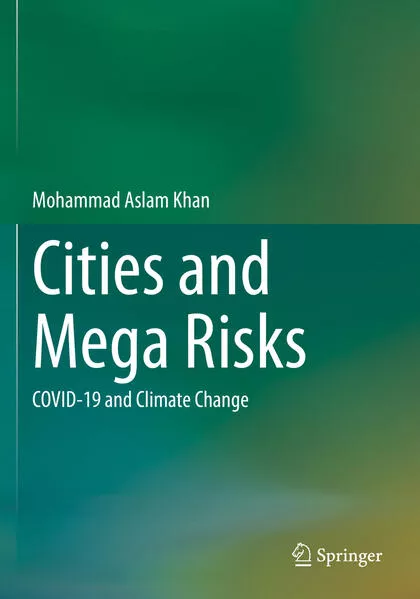
- Publikationen ca: 3
- Fragen & Antworten
Mohammad Aslam Khan
Dr Mohammad Aslam Khan has been an educator and a Commonwealth Scholar, who prepared the State of Environment Reports in Asia and the Pacific for the United Nations Economic and Social Commission for Asia and the Pacific (UN-ESCAP). After retiring as Chief of the Environment Section from UN-ESCAP, he served as Foreign Professor Higher Education Commission at the University of Peshawar, where he had established the first Department of Environmental Studies and served as its founder Chairman. During the assignment as Foreign Professor, he initiated the establishment of the Centre for Disaster Preparedness and Management as the first Centre of Excellence in the country. The author has produced over hundred publications and reports including Environment and Climate Change Outlook of Pakistan for the United Nations Environment Program and Environmental Atlas of Pakistan for the Government of Pakistan. Along with his extensive post-graduate teaching and research experience, the author has also organized Ministerial Conferences, Intergovernmental Meetings including negotiation meetings on climate change and other environmental issues.
Cities and Mega Risks
This book focuses on the emergence of COVID-19 and climate change as twin mega risks to cities of both developed and developing countries. The work analyses how the pandemic has transformed city functions, promoted remote working, and affected socializing, education and learning patterns, recreation, as well as shopping and entertainment.
Cities and Mega Risks
This book focuses on the emergence of COVID-19 and climate change as twin mega risks to cities of both developed and developing countries. The work analyses how the pandemic has transformed city functions, promoted remote working, and affected socializing, education and learning patterns, recreation, as well as shopping and entertainment.
Cities and Mega Risks
This book focuses on the emergence of COVID-19 and climate change as twin mega risks to cities of both developed and developing countries. The work analyses how the pandemic has transformed city functions, promoted remote working, and affected socializing, education and learning patterns, recreation, as well as shopping and entertainment.


